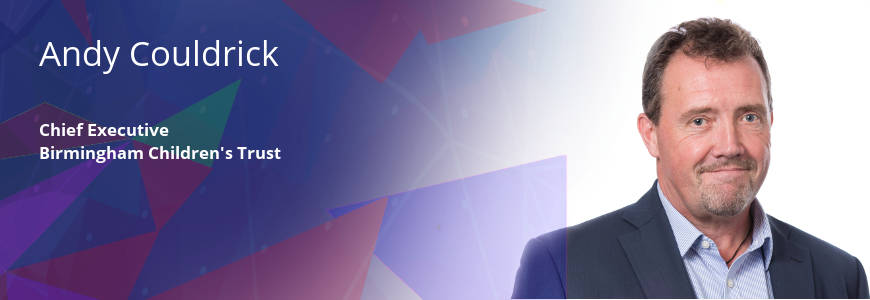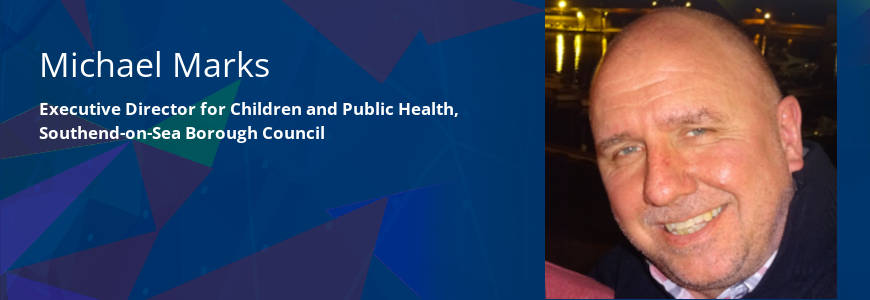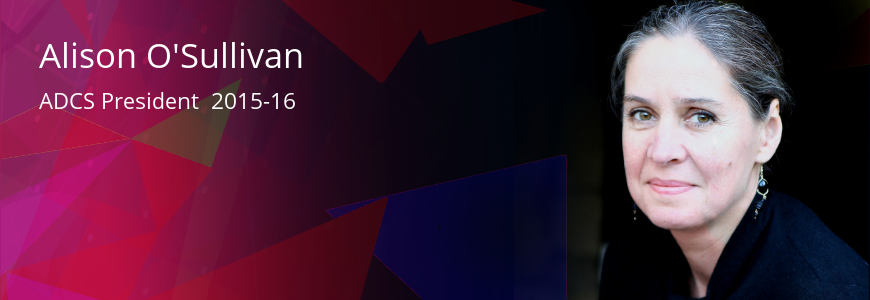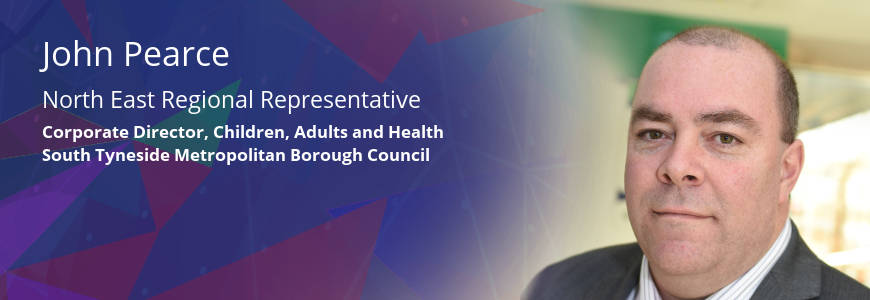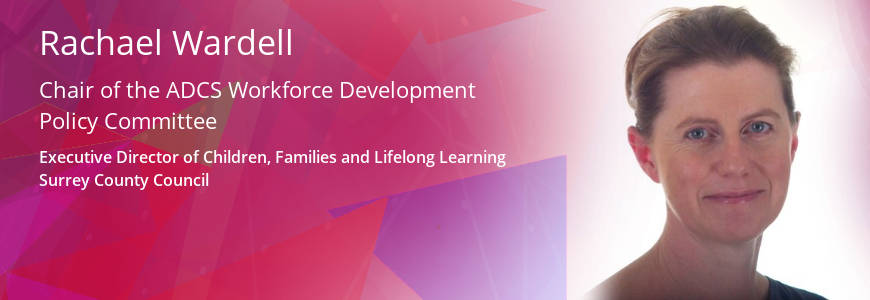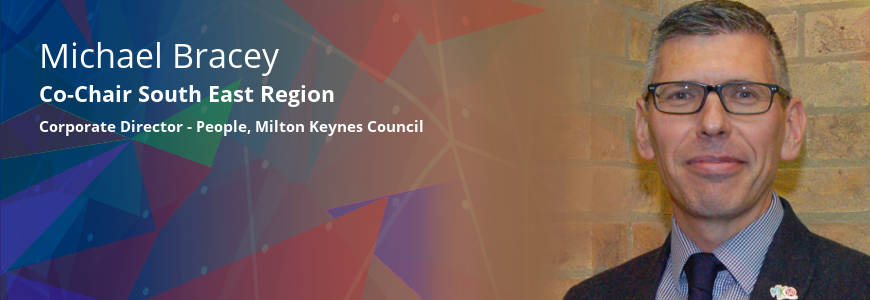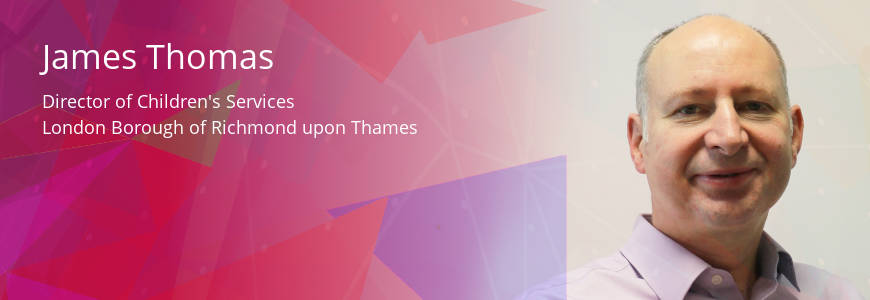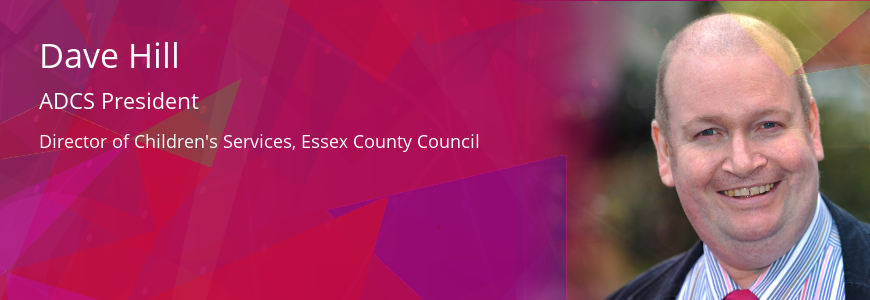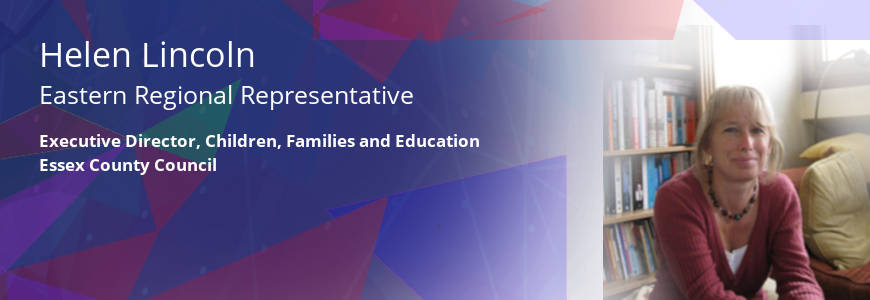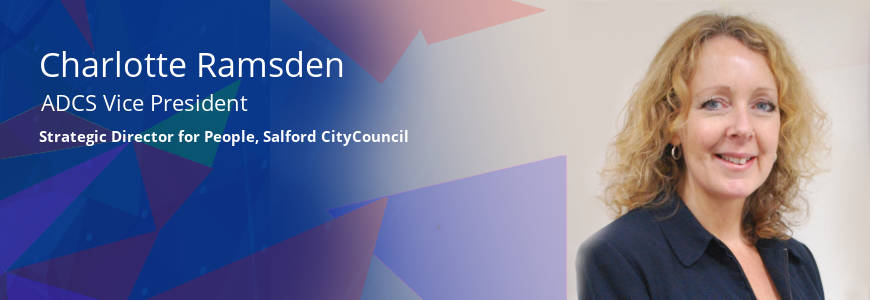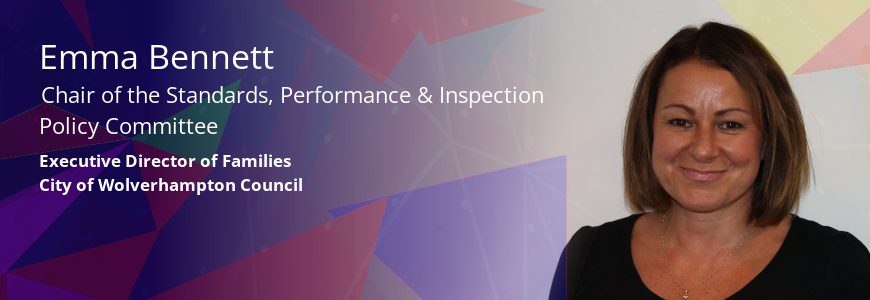Relationships, Relationships, Relationships
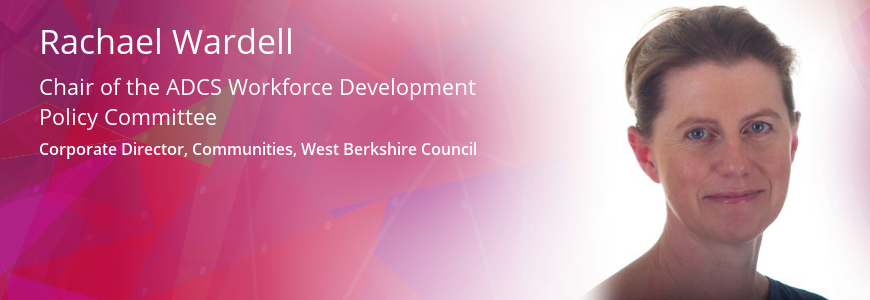
I have blogged here before about how in West Berkshire we’re choosing to focus on the importance of relationships as we improve our service following an ‘inadequate’ judgement. Earlier this week, our Corporate Parenting Panel heard from Sarah* who wanted to tell us about her experience of two of her children becoming looked after and of our work with her to return them safely to her care. This conversation once again placed relationships – this time with parents – centre stage.
Sarah has good insight into the reasons why she was unable to parent her children when they came into care. She describes that moment as a wake-up call that motivated her to stop drinking. Only at that point did she recognise that she had an addiction, and she regards that as the starting point for her recovery. However, she is clear that we – that is, West Berkshire’s children and family service – did not handle that situation well. There aren’t many times when a parent is more “done to” than when their child is brought into local authority care, but Sarah explained that even in that moment of crisis we could have been doing more to work with her. The first social worker, and first drugs and alcohol worker that Sarah was involved with could have suspended their judgmental tone when talking to her; we could have been much clearer about what a S20 agreement was, both verbally and in writing; we could have communicated more clearly, and more compassionately when we sought to initiate proceedings; we could have stuck to the timescales we said we would; we could have been prompt to return calls; we could have been clearer about whether her children would be placed together, or not; moved to a different placement, or not. We could have shown how we understood that even though Sarah couldn’t care for her children, she hadn’t stopped caring about them. She was desperate for news of them and how they were doing, and truly wanted help to change so that they could come back home.
I’m glad to say that we got better at working with Sarah. Little points of detail in her account stand out. The alcohol support worker who was herself a recovering addict, helping Sarah to feel understood and who praised her for each new sobriety milestone. The family support worker supervising contact who made sure her ID wasn’t visible when the family were together in public, so Sarah didn’t feel stigmatised during contact with her own children. The more recent social worker, who recognises that Sarah’s burning desire for more information about her children and more time with them is just that, and is not aggression or hostility on her part. The careful support from an independent reviewing officer that enabled her son to chair his own looked after child review, and in the course of doing so to invite Sarah to make her voice heard as part of that review. The foster carers who made sure that she had the agreed extra-long contact, even though the agreement hadn’t been formally communicated to them. The well-coordinated input from the school who provided stability and continuity throughout this period.
What shone through in all these examples was the difference it made to Sarah when professionals treated her as a person to be supported, respected and involved, instead of a person to be judged and excluded from the planning for her children. These professionals from many different disciplines understood that a good outcome for these two children would be to be reunited safely with their mum. They worked hard together to make sure that plan could be realised.
Sarah first encountered our service when it was not at its best. It functioned well enough to spot children at risk and to do the necessary to make them safe, but it wasn’t sufficiently relationship-focused to realise that building a positive relationship with Sarah was in the best interests of her children. I am pleased that we have changed and put relationship-building at the heart of our practice. Sarah’s story of how her experience of us has changed over time illustrates that perfectly and it helps us to understand what more we need to do to improve our service.
Sarah has been sober for two years, including while dealing with a tragic bereavement. She is now a peer mentor for other people with addiction issues. She is working with West Berkshire to help us to improve our communication and relationship-building with parents whose children are in the child protection system or in our care. And her children? They have been able to thrive, with so many caring adults looking after their best interests. By the end of this month they will both be back home with her. By investing time and energy in our relationship with Sarah, we have made it possible for that particular family to rebuild the most important relationship of all.
*Sarah is – of course - not her real name.
Related Blog Articles
I write this on what is my third day outside of the local authority family for...
In General
This is the final ADCS blog-spot in October, when we celebrate Black History...
In General
When I was asked to write the ADCS blog for the Eastern region, I inevitably...
In Workforce
I'm ending the year by reflecting on the recent announcement by David Cameron...
In General
As in all other regions the North East ADCS group has been investing...
In Inspection & Improvement
March is here. We’re on the cusp of spring. I can drive to work (and sometimes...
In Workforce
The secret to a good peer review is a great team. In any review there’s...
In Inspection & Improvement
To all those colleagues who have worked or are currently working in authorities...
In Inspection & Improvement
Earlier this week I attended a development day on Ethical Leadership in Public...
In Leadership
I was in a fascinating conversation with a policy type this week, apparently we...
In General
Everyone who knows me or has heard me speak knows how passionate I am about...
In General
I like to think the start of the new school year offers an opportunity to renew...
In General
In these emotional roller coaster times there is a lot to make sense of but it...
In General
As August and holiday season arrive (and allegedly some warmer weather), our...
In Inspection & Improvement
Like every Director of Children’s Services, I expect, I have been immersed in...

